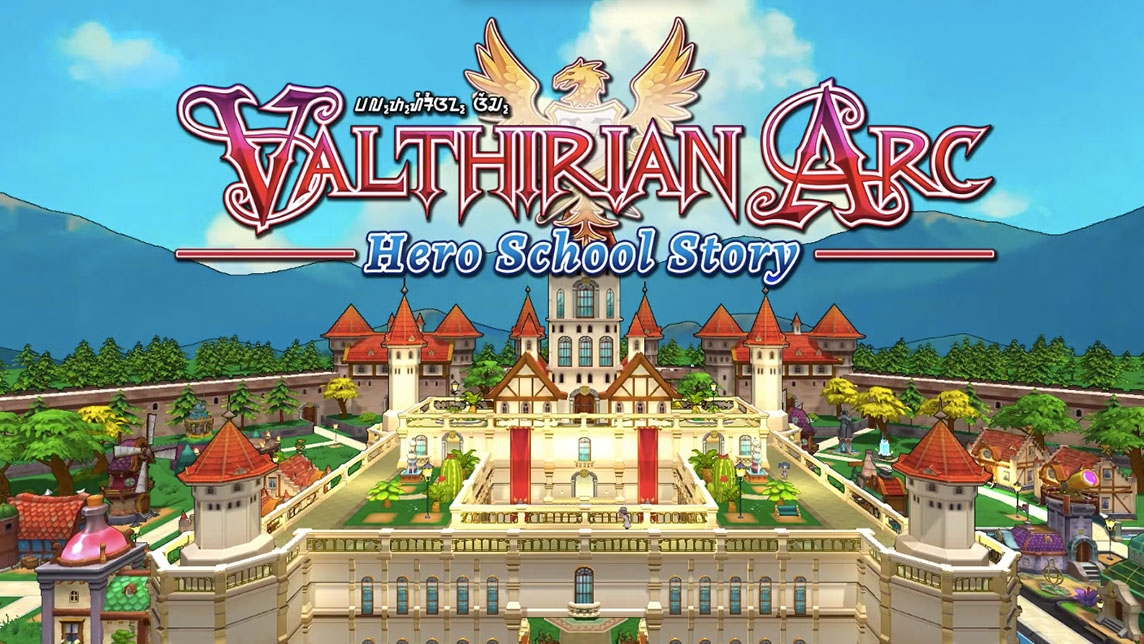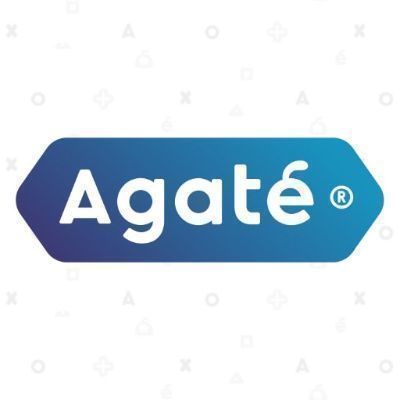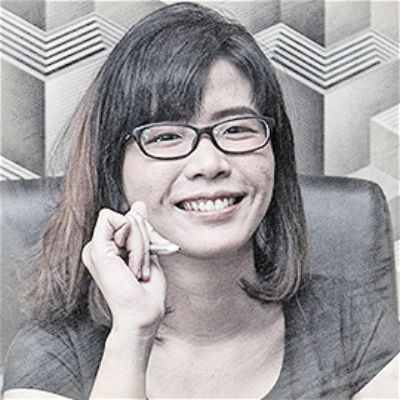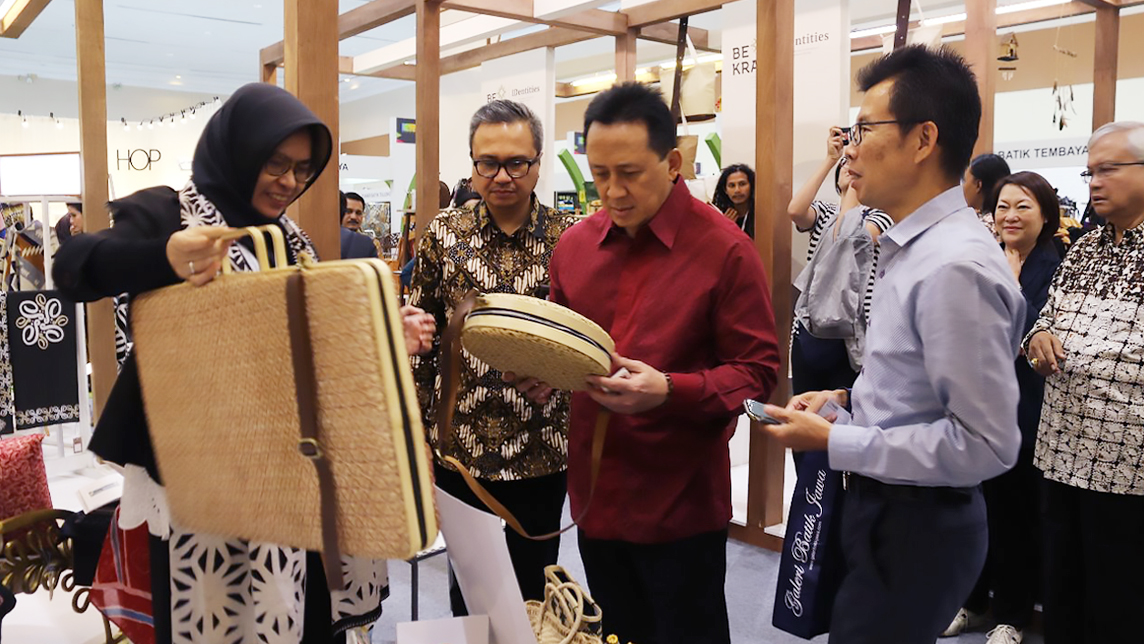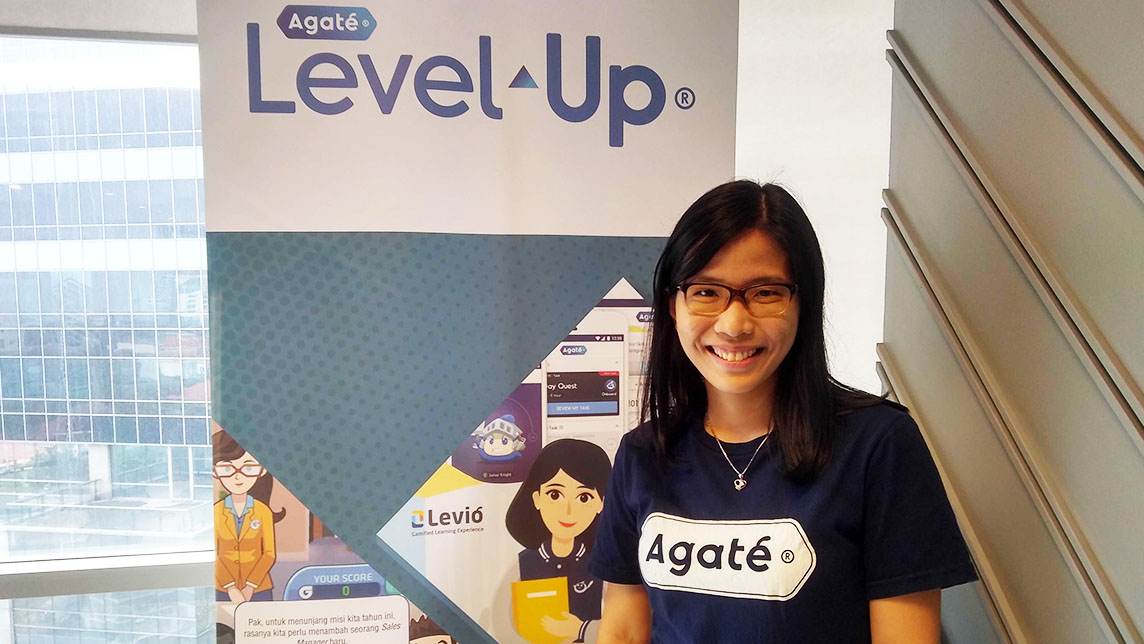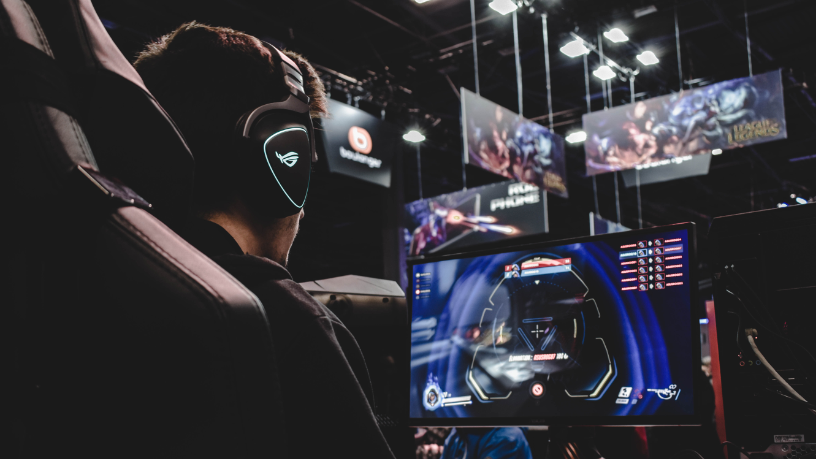Valthirian Arc: Hero School Story is one of Agate’s biggest projects – if not its greatest success. Released in late 2018 for PC, Playstation 4 and Nintendo Switch, the game puts the player in the role of headmaster of a school for fantasy heroes: knights, wizards, rogues and the like. Between managing the day-to-day activities of the school and sending the students on various quests, the player’s choices shape the story line, with the ultimate aim being to preserve the principal's legacy and bring peace back to Valthiria.
While Valthirian Arc is firmly rooted in the fantasy role-playing genre, the inspiration for it came from the real world, according to Shieny Aprilia, Agate’s VP of Enterprise Business. "Fandry Indrayadi had just graduated from high school when he joined us in 2009," Shieny said, referring to the creative director of Valthirian Arc. "He felt that to a principal, graduation is a bittersweet moment."
That spark of sentiment in creating the game was also combined with a more practical element: In Indonesia, if too many students are held back from graduating, the school’s accreditation is negatively affected. “But letting unprepared students graduate is also not the right thing to do,” Shieny added. That dilemma, she said, is what Agate wanted to convey through Valthirian Arc.
Help from home and abroad
Agate received help from the Indonesia Creative Economy Agency (BEKRAF) in looking for publishers for Valthirian Arc. With the agency’s support, an Agate team attended Game Connection, an annual event for game developers and publishers, in 2017. Eventually, Agate met with PQube, a UK publisher that has distributed Asian games in Europe.
"Their team were very excited because they felt it's the kind of game they would really like to play themselves,” Shieny recalled. Agate worked with PQube to publish the game for PlayStation 4 and Nintendo Switch consoles in Europe and North America – where the console game market is huge.
While Vathirian Arc is available worldwide for PC (via Steam), it is not yet available for consoles in Indonesia given the relatively smaller size of the console market in the country. Agate did hold a limited giveaway at the BEKRAF Game Prime event in July, though, and the company plans to publish the game in Southeast Asia, Japan and South Korea later this year.
For Agate, Valthirian Arc has been an unqualified success in terms of sales, reaching the break-even point in just a month. “It was faster than we expected, especially considering the release delays," Shieny said. "We're very happy to know that our game is appreciated."
Now, though, Agate is setting its sights on making bigger, bolder, more complex games than Valthirian Arc. To that end, Shieny said, "We can improve on the scope and play time. [Valthirian Arc] can be finished rather quickly, so we want to make games that can be played for longer and with more complex storylines."
Gaming the industry
Shieny said she was optimistic that the local video game market would continue to grow, especially given that by 2030, Indonesia is expected to be among the top five video game markets in the world – at least according to Agate CEO Arief Widhiyasa.
However, there are still very few games developed by local companies, with most Indonesians preferring to play the ubiquitous American and Japanese digital games. Take a peek into any cafe or food court across the country and you're likely to see gamers fixated on Mobile Legends or PlayerUnknown’s Battlegrounds, as well as games created by major developers like Ubisoft, Electronic Arts, Square Enix and Bandai Namco.
Agate is collaborating with national telco Telkom and MelOn (Telkom’s entertainment-focused joint venture with SK Telecom) to develop an incubator for game developers. Dubbed Oolean, the program will help smaller development companies polish and publish their games, hopefully leading to an increased success rate in the market. Agate will also publish its own new games under the Oolean banner.

The Oolean program is meant to tackle a few problems that Shieny said prevent the local industry from growing. "The first is investment: there are few products because there's not much investment," she said. She pointed to the local film industry, which has seen major improvements in terms of quantity and quality in recent years thanks to investors pouring money into it, as a model that could be followed by local game developers. With more capital, game developers could create higher-quality games, she said.
An additional problem, Shieny said, is that there aren't enough experienced game development companies in Indonesia to absorb the potential funding. With the industry as small as it is in Indonesia, investors aren't convinced that they can risk putting large sums of money into any one specific development company. But with more companies, investors might be persuaded that the industry is healthy, she said.
Developing the developers
Shieny said that Indonesia presents a few challenges for those wanting to get involved in the video game industry, especially in terms of career progression. "The Indonesian video game industry is far behind in terms of maturity compared with the situation abroad,” Shieny admitted. "The difference is probably in the scale of companies. Overseas, there are many companies with multimillion-dollar budgets that make very complex games," she said, meaning the companies can cast a wider net over a talent pool and fully invest in that talent.
For Agate, though, finding talent sometimes starts with simply finding someone with programming skills, regardless of whether they have experience in the gaming industry. As they gain experience and get more heavily involved in production, they can be promoted into more senior roles at Agate, including leadership ones, Shieny said. Game artists – those who create backgrounds, character models and other art assets for the game – follow a similar progression.
Senior roles include game producers, who make sure that the project stays on time and on budget, and game designers, whose role is similar to a movie director's. "The designer needs to make sure that the player stays excited about the game," Shieny said. "In the end, they [the designers] make sure that what the programmers and artists make gets delivered to the player in an enjoyable way."
Those who are interested in entering the industry should start early by developing their own bodies of work. "Try to develop a portfolio containing your own prototypes or even fully-fledged games, or projects like character design, which can really showcase your talents," Shieny advised.
Many gamers end up becoming interested in working in the game development industry. "They are very passionate about the product," Shieny said, while cautioning aspiring developers to view games not just from the viewpoint of players. "What they should work on is thinking about video games from a business perspective … about why a certain game is interesting or why it's successful."
Agate and Valthirian Arc form just one success story out of many from Indonesia's game development landscape. Toge Productions' Infectonatorseries and cult horror game DreadOut by Digital Happiness are examples of how Indonesian developers are gaining a global foothold. With a concerted effort from developers, government stakeholders and the players, Indonesia's video game industry has the potential to be one of the world's best.
